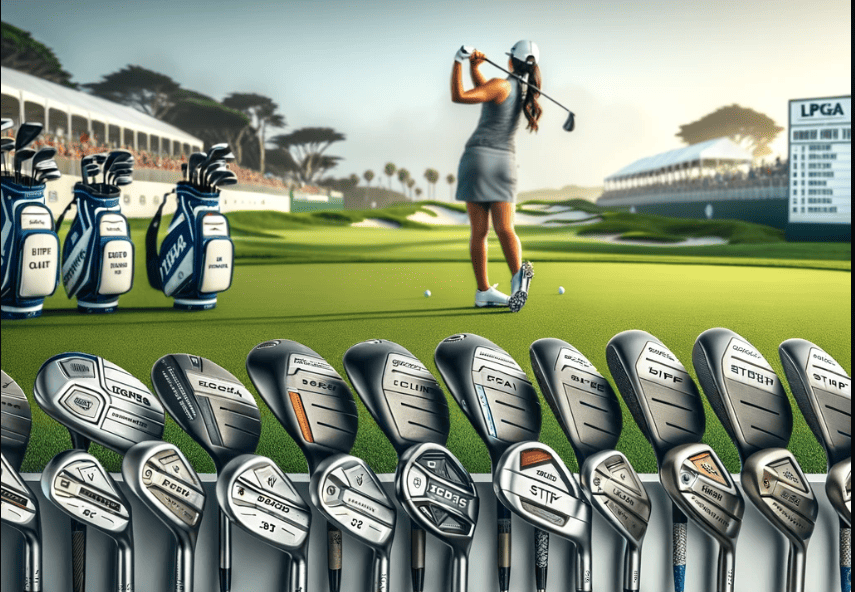The world of professional golf, particularly in the LPGA, transcends the conventional gender categorizations of golf clubs.
Technically yes, LPGA players do use clubs that are traditionally marketed as ‘men’s’ clubs. However, it’s crucial to understand that at the professional level, the distinction between ‘male’ and ‘female’ clubs often becomes irrelevant. Professionals select clubs based on technical specifications like length, flex, weight, and feel, which may align with those found in ‘men’s’ clubs.
Golf Club Comparison: Men’s vs. Women’s
| Feature | Men’s Clubs | Women’s Clubs |
|---|---|---|
| Length | Generally longer | Typically shorter |
| Weight | Heavier | Lighter |
| Shaft Flex | Stiffer | More flexible |
| Grip Size | Larger | Smaller |
Understanding the Differences
In the retail market, ‘men’s’ and ‘women’s’ golf clubs are generally differentiated by certain characteristics. Men’s clubs are usually longer, have a heavier head, and come with a stiffer shaft. Conversely, women’s clubs are often shorter, lighter, and have more flexible shafts to accommodate the average physicality and swing speed of female golfers.
Key Differences in Detail
- Club Length: Men’s clubs are designed for taller players with longer arms, while women’s clubs are made shorter for a more comfortable fit.
- Weight: The club head and overall weight are less in women’s clubs, allowing for easier handling and faster swing speeds.
- Shaft Flex: Women’s clubs typically have a softer shaft flex to help with a smoother transition during the swing.
- Grip Size: Smaller grips on women’s clubs cater to smaller hands, offering better control and comfort.
Conclusion
For LPGA professionals, the choice of golf clubs is less about gender and more about what complements their game. The technical specs of a club – whether it’s labeled for men or women – are what truly matter, ensuring that every swing counts towards championship performance.


